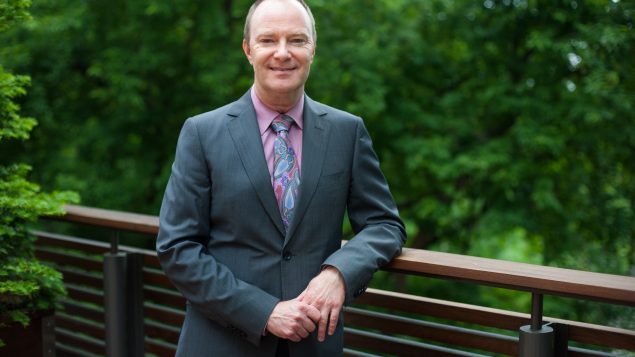There has been debate about whether the various drugs to treat acute depression actually work, but a vast international study now shows that they do. The issue is important because many government plans restrict the kinds of drugs they will pay for and drug prices in Canada are among the highest in the world.
Some have access, some do not
Some Canadians have private health insurance arranged and subsidized by their employers. These plans cover the costs of prescription drugs to varying degrees. Other Canadians have to rely on government plans which vary dramatically across the country. In Quebec, there is a universal drug plan that pays for a proportion of the cost of prescription drugs. Other provinces may only offer this support for needy residents dependent on income, disability or other criteria.
These public plans restrict the number of drugs they cover and that often means only a small number of antidepressants may be reimbursed. These few drugs may not be effective for the very many kinds of depression that exist.

Dr. Patrick Smith says patients with depression often have to try different medications before finding one that works for them. (William Suarez)
Different drugs work for different people
“There isn’t one magic bullet, but there is a full range of anti-depressants that need to be available to practicing physicians and to individuals and their families,” says Patrick Smith, a psychologist and national CEO of the Canadian Mental Health Association.
“If only one or two (antidepressants) is available and they don’t happen to work for me, it doesn’t matter to me that they’re effective for 65, 70 per cent of the population. They’re not for me. I need to keep looking.”
The study involved data on almost 120,000 patients and covered 21 commonly-used antidepressants. The results showed that all the drugs were more effective than placebos or dummy pills.

Not all medications are covered by public drug plans.
Canada spends little on mental health
Drugs are not the only treatment for depression and experts say patients should try other treatments like psychotherapy and cognitive behavioural therapy. These treatments are not paid for by Canada’s publicly-funded, universal health care system as they are in many other industrialized countries.
“We know that Canada spends the lowest percentage of its health spending on mental health than any G7 country,” says Smith. He notes the federal government has promised to spend five billion dollars over 10 years on mental health, but that will not close the gap with other countries.
It’s hoped that this study published in The Lancet will help further efforts to improve access to treatment for those with mental health illnesses.
Depression a world problem
The World Health Organization estimates more than 300 million people around the world have depression. Only one is six people with depression in rich countries gets effective treatment. Of those in poor and middle-income countries, only one in 27 patients does.







For reasons beyond our control, and for an undetermined period of time, our comment section is now closed. However, our social networks remain open to your contributions.